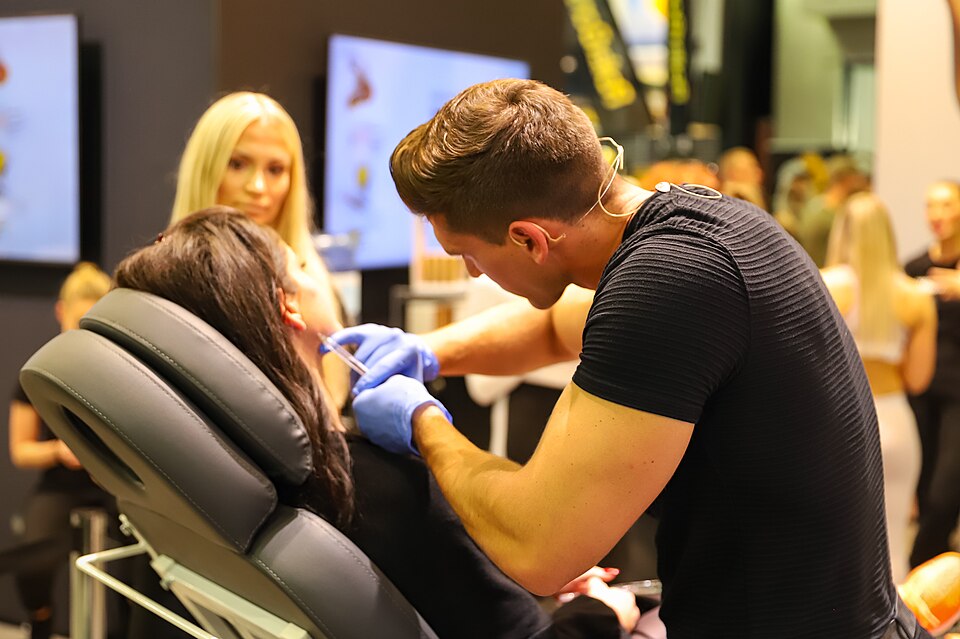
The government has announced plans to tighten regulations on cosmetic treatments, targeting unqualified practitioners who are endangering people's health. Under new proposals, only
medically qualified professionals will be allowed to perform high-risk non-surgical procedures, such as Brazilian butt lifts (BBLs), while clinics offering Botox and dermal fillers will be required to obtain licenses.
In a bid to protect under-18s from harmful beauty trends promoted on social media, certain aesthetic procedures will also face age restrictions.
While industry bodies have broadly welcomed the proposals, further consultations are needed to finalize how these measures will be enforced.
Addressing longstanding concerns
For years, experts have raised alarms about the lack of regulation in the non-surgical cosmetic sector. Procedures like liquid BBLs, although marketed as non-surgical, involve injecting fillers into the buttocks and carry serious health risks. Women have reported severe complications, including infections, chronic pain, and permanent scarring after treatments by unregulated practitioners.
Tragically, in September 2024, Alice Webb became the first person in the UK believed to have died from complications following an unregulated BBL procedure.
The government aims to first regulate the most dangerous procedures, such as BBLs and breast fillers, restricting them to qualified medical professionals. Lower-risk treatments like Botox and lip fillers will also face stricter oversight through a new licensing system run by local councils. Practitioners will be required to meet high standards of safety, training, and insurance before being allowed to operate.
However, these changes will take time. The proposals must go through public consultation and parliamentary approval, meaning it could be several years before they take effect.
Tackling the 'Wild West' of cosmetic treatments
Health Minister Karin Smyth described the current state of the industry as a "Wild West," where "cosmetic cowboys" cause catastrophic harm. She emphasized the government's commitment to safeguarding the public, supporting legitimate professionals, and reducing the burden on the NHS caused by botched procedures.
"This isn't about stopping people from getting treatments," Smyth said. "It's about protecting them from rogue operators who put profit before safety."
A public consultation in 2023 revealed strong public backing for stricter regulations across the cosmetic sector.
Ashton Collins, director of Save Face, a register of accredited clinics, praised the move, saying, "I’ve seen the devastating effects these treatments can have on victims and their families. It’s encouraging that the government is prioritizing public safety."
An estimated 16,000 businesses are currently offering non-surgical cosmetic procedures in the UK, with demand surging in recent years.
The Joint Council for Cosmetic Practitioners (JCCP) also voiced its support. Prof David Sines, executive chair of the JCCP, said licensing all practitioners, ensuring proper insurance, and maintaining safe clinical environments had become essential.
Health officials are currently investigating 38 cases of poisoning linked to suspected counterfeit Botox treatments.
Authorities are urging the public to ensure they only seek treatments from registered, qualified professionals using approved products. Meanwhile, the Scottish government has also unveiled plans to enhance safety and standards in its own cosmetic sector. Photo by dronepicr, Wikimedia commons.




































